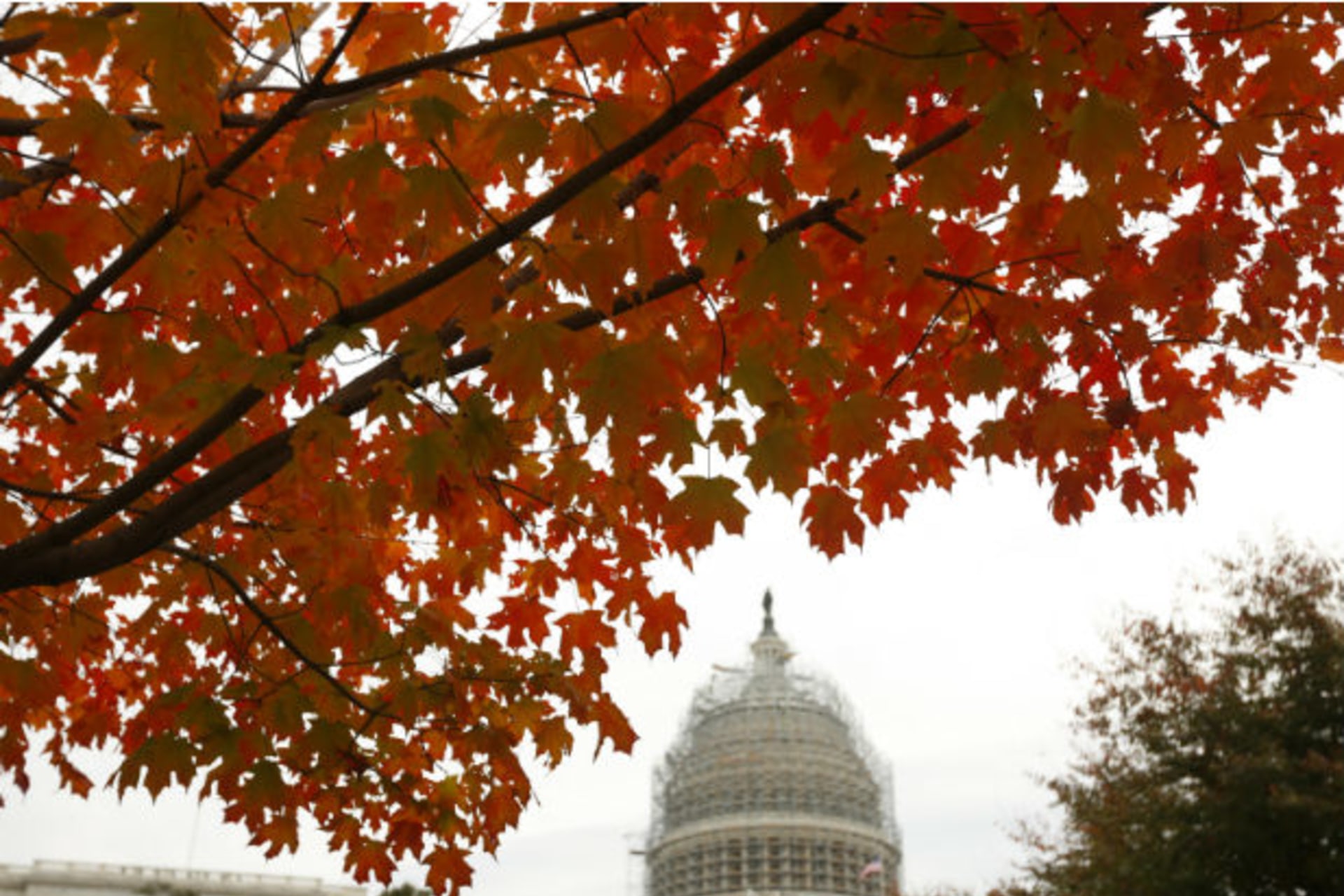What a Republican-Controlled Senate Means for India

By experts and staff
- Published
Experts
![]() By Alyssa AyresAdjunct Senior Fellow for India, Pakistan, and South Asia
By Alyssa AyresAdjunct Senior Fellow for India, Pakistan, and South Asia
With the midterm elections in the United States decisively giving the Republican Party control of the Senate, and a stronger showing in the Republican-controlled House of Representatives, speculation in Washington now centers on what a Republican Congress means for policy. In The Water’s Edge, CFR’s James M. Lindsay argues that Republican control will change foreign policy, but less than many might think. In Foreign Policy, Bruce E. Stokes argues that a more aggressive foreign policy might be on the offing. In the Financial Times, Shawn Donnan reports that Republicans have already offered up trade as an area for cooperation with the White House. So what does Republican control of Congress suggest for India and the U.S.-India relationship? I’ll focus on the Senate here since leadership transitions will take place in January for every committee.
Let’s start with security. If, as reported, Senator John McCain will assume the chairmanship of the Senate Armed Services Committee in January, that’s good news for New Delhi. Senator McCain has a long track record of support for a stronger India and a stronger U.S. relationship with it. He’s been a frequent visitor, most recently in July, and has spoken forcefully about American interests in a deeper partnership with India. In September, the senator published an essay in Foreign Policy arguing for a pivot to India, with India at the heart of U.S. interests in Asia. He argued that the United States should be India’s preferred partner on energy, on trade, and on defense. He’s a strong advocate for amending U.S. laws on natural gas to permit more access for partners like India; for a larger economic ambition with India like a free trade agreement (FTA) and the Trans-Pacific Partnership; and a much deeper defense relationship, inclusive of enhanced strategic consultations, more joint exercises, and getting to work on joint development and production of weapons systems.

McCain mentioned energy exports for a reason. Greater access to natural gas exports has become an important issue for U.S. policy, not only for India, but for many countries seeking greater energy security and the lower prices of U.S. natural gas. Access to natural gas exports from the United States has been a recurring interest for the Indian government, and two projects have received approval which will supply India’s GAIL. But under U.S. law, exports to non-FTA partner countries require individual review and approval. As McCain noted in his Foreign Policy essay, changing U.S. law to facilitate greater access will be difficult. The likely new chair of the Senate Energy and Natural Resources Committee, ranking member Lisa Murkowski, has a track record on this matter. She has advocated for an expedited process of natural gas exports, not specifically mentioning India, but the principle is the same.
Over on the Senate Foreign Relations Committee, ranking member Bob Corker would appear in line to take over as chair, but the Washington Post reports that this isn’t guaranteed. Still, Senator Corker has been a supporter of the India relationship, and has been vocal about the need to reassess U.S. relations with Pakistan, particularly supporting tying U.S. foreign assistance to action against terrorism. He has not, however, been a member of the Senate India Caucus in previous years. Perhaps it’s time to join.
If the reports are true that Congress will focus on trade as the common ground to advance with the Obama administration, it’s worth examining the views of Senate Finance Committee ranking member Orrin Hatch, likely to assume the chairmanship. Here, a shift to Republican control may result in a still-watchful eye on Indian trade issues. Senator Hatch has expressed concerns about unfair trade practices in India, as have many members of both houses of the U.S. Congress from both parties. He’s also noted India’s policies toward intellectual property rights as a particular challenge, and was one of the four members of Congress requesting the U.S. International Trade Commission to carry out a second investigation of Indian trade policies, including under the new Modi government.
Finally, given the importance that Indian technology companies and the Indian government have placed on greater access to temporary visas for high-skilled workers, the ranking member of the Senate Committee on the Judiciary, Chuck Grassley, could provide a sense of how that committee might see India under Republican control. While he has been an India supporter and member of the Senate India Caucus, Senator Grassley has a strong interest in U.S. immigration policies. Last year, he introduced a bill to reform the H-1B visa program. The Grassley bill would have provided for greater audits of these programs by the Department of Homeland Security and by Labor; a required thirty days of advertisement for open positions in the United States before they could be filled by an H-1B worker; and would have eliminated eligibility for H-1B visas for employers with more than half their workforce already on temporary work visas.
So: expect to see continued broad support for India on a bipartisan basis in the United States, with an empowered Senator McCain likely to continue his advocacy for a strong India relationship across the board. Congress may seek to move further on energy policy issues that would benefit India. At the same time, on two issues of high importance to India, U.S. Republicans coming into leadership positions have expressed concerns very similar to those held by Democrats about trade and immigration matters. The Modi government is likely to see a U.S. Congress interested in doing more with India on security, energy, and foreign policy, but still concerned about trade barriers and temporary worker visas.
Follow me on Twitter: @AyresAlyssa
